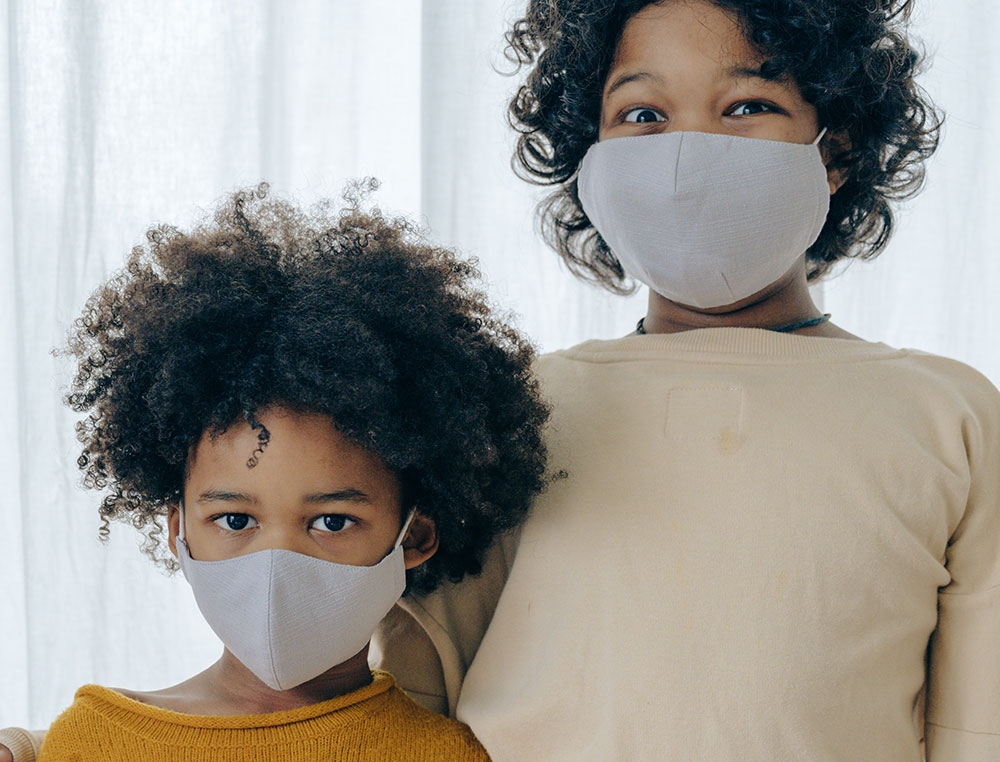This can be said to be the natural conditions in which people, animals and plant lives. The environment is also involved in the use of natural products and energy.
We make use of our environment to grow crops, to obtain water, to harvest wood, to also produce energy. Things that make up our environment which are sometimes referred to as environmental media includes soil, air, water, plants and even humans. Meanwhile, if the environment is not sustainable, it will lead to further degradation.
How can we manage these natural resources in the environment in other to protect them from pollution and degradation? There are many different ways to use the environment sustainably. Some of these are:
1. Renewable energy is a major point of sustainability. Energy use is a large contributor to pollution and resource misuse. Renewables can produce energy indefinitely, unlike non-renewable energy sources, which are eventually used up. Renewable energy also typically produces less pollution than non-renewable energy. Examples of Renewable resources include biomass energy (such as ethanol), hydropower, geothermal power, wind energy, and solar energy. In our homes if possible, consider powering your home using renewable energy to reduce the number of carbon emissions you produce. Replacing your petrol or diesel-fueled car with an electric one would also help to achieve this!
2. Recycle, Reuse and Recycle metals and minerals instead of discarding them reduces the amount that needs to be mined. More efficient use of resources can also help them last longer. Make sure you're recycling by putting your rubbish in the correct bins. Also, try to reuse products and items as many times as possible before binning them to reduce waste. Examples are glass jars, containers or cans, gallons, jugs and plastic soda or drink bottles.
3. Go paperless in other to avoid wasting paper. Choose to receive letters over email and only print off documents if necessary. You could also ask shops to email your receipts instead of printing them.
4. Sustainable agriculture is that form of farming that produces sufficient food to meet the needs of the present generation without eroding the ecological assets and the productivity of the life-supporting system of the future generations making use of agrochemicals with the advent of the green revolution, the use of modern inputs, especially agrochemicals, has increased manifold, owing to the responsiveness of high yielding strains to irrigation, chemicals etc. The consumption of pesticides has also increased over the years with an upward inclination.
The ever-increasing trend in pesticides consumption which has put a question mark on the sustainability of the present system. Indiscriminate use of pesticides wipes out the natural enemies of pests, encourages the development of resistant strains of the pests and has hazardous effects on human lives.
5. Grow your produce
By growing your fruit and vegetables, you can ensure you're not using pesticides that will contribute to water and air pollution. This will also help to reduce the number of fossil fuels used to transport produce to supermarkets, buying expensively instead of saving. You can also practice soilless farming which enables us to plant at our sustainability in our home with the aid of grow bags, substrates, nutrients, water and varieties of seeds.
Why should we sustain our resources in the environment?
We should manage the resources in other to avoid environmental issues such as pollution and climate change, which cause harm to the environment, wildlife and humans. Also, by making some small changes to your lifestyle, you can reduce your carbon footprint and help to tackle these issues.
![[object Object]](https://cdn.sanity.io/images/i8p530en/production/ea0b02c6eb3b1828fdd51e9d6d0de23aea9d7f28-4032x3024.jpg)




